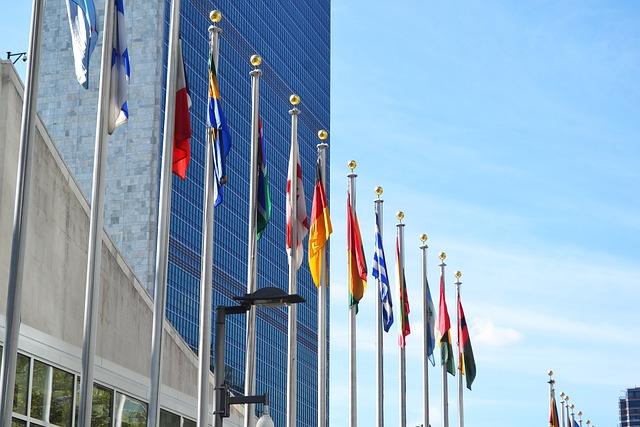At a pivotal moment for global climate action, the world gathered virtually under the leadership of UN Secretary-General António Guterres and Brazilian President Luiz Inácio Lula da Silva. Seventeen nations, ranging from economic giants to vulnerable island states, united to build momentum ahead of 30th United Nations Conference of the Parties (COP30) in Brazil, marking the 10th anniversary of the Paris Agreement.

But while the meeting underscored a global commitment to accelerate climate ambition, it also revealed a glaring absence: the United States.
The two-hour session, held behind closed doors, included participation from China, the European Union, the African Union, the Association of Southeast Asian Nations (ASEAN), and small island developing States. It was described by Guterres as one of the most diverse climate-focused meetings in recent memory, a powerful demonstration the world is pushing forward, “full-speed ahead,” on clean energy and climate resilience.
The message couldn’t be clearer. Countries are updating their Nationally Determined Contributions (NDCs), the climate action plans central to the Paris Agreement, with bolder targets and broader scope. Most notably, President Xi Jinping of China confirmed its updated NDCs will cover all sectors and greenhouse gases.
While China still aims for carbon neutrality by 2060, ten years behind the 2050 net-zero goal, it is moving in a direction reflecting an understanding of the climate crisis and the shifting economic logic of clean energy. Xi reaffirmed China’s commitment to international cooperation and its vision of a “shared destiny for humankind.”
China is currently the world’s largest emitter of greenhouse gases, responsible for about 30% of global emissions. It is followed by the United States, which contributes about 13%. While the U.S. emits less than half of China’s total, the climate policies and stances of both nations are key. Their paths forward, or backward, will make or break the future of global climate efforts.
In parallel, Guterres highlighted how plummeting renewable energy costs are no longer just a climate solution but also an economic imperative. “The clean energy sector is booming, creating jobs and boosting competitiveness and growth worldwide,” he said. Indeed, since the Paris Agreement was signed, projected global warming has dropped from over 4°C this century to 2.6°C if current pledges are fulfilled. This is still far from the 1.5°C target but represents an unmistakable sign of progress.
So, why was the U.S. missing from the table? Silence, at such a critical moment, speaks volumes. At a time when the world is aligning behind climate science, clean energy, and international collaboration, the absence of the United States, the country that once led the global climate conversation, represents a missed opportunity of historic proportions.
The philosophical idea “nature abhors a vacuum” resonates here. Emptiness, particularly in global leadership, invites others to fill the spot. China, once hesitant, is now stepping forward, carefully, strategically, but undeniably. The European Union continues to push ambitious climate targets. And the nations most vulnerable to climate change refuse to wait for the slowest to act.
The United States’ retreat isn’t just a geopolitical void, it’s a lost economic and moral opportunity. The global clean energy revolution is not waiting. The jobs, technologies, and markets of the future are being shaped now. And while other countries build the framework of a low-carbon economy, the U.S. risks standing on the sidelines, watching the future unfold without our involvement.
Yet this movement, driven by conscience, science, and economic realism, is now too powerful to stop. As Mr. Guterres declared, “We cannot, must not, and will not let up on climate action.”
The world will move forward, perhaps more slowly, perhaps with more friction, but it will move. And in doing so, it will demonstrate that leadership is not a birthright; it is a choice.
The United States still has time to rejoin the frontlines of climate action. But the window is narrowing. And if it doesn’t step up soon, history may remember it not as the leader of the clean energy century, but as the one that let the future be written by others.
This Op-Ed has been provided by VoLo Foundation, a nonprofit organization whose mission is to accelerate change and global impact by supporting science-based climate solutions, advancing education, and improving health.
